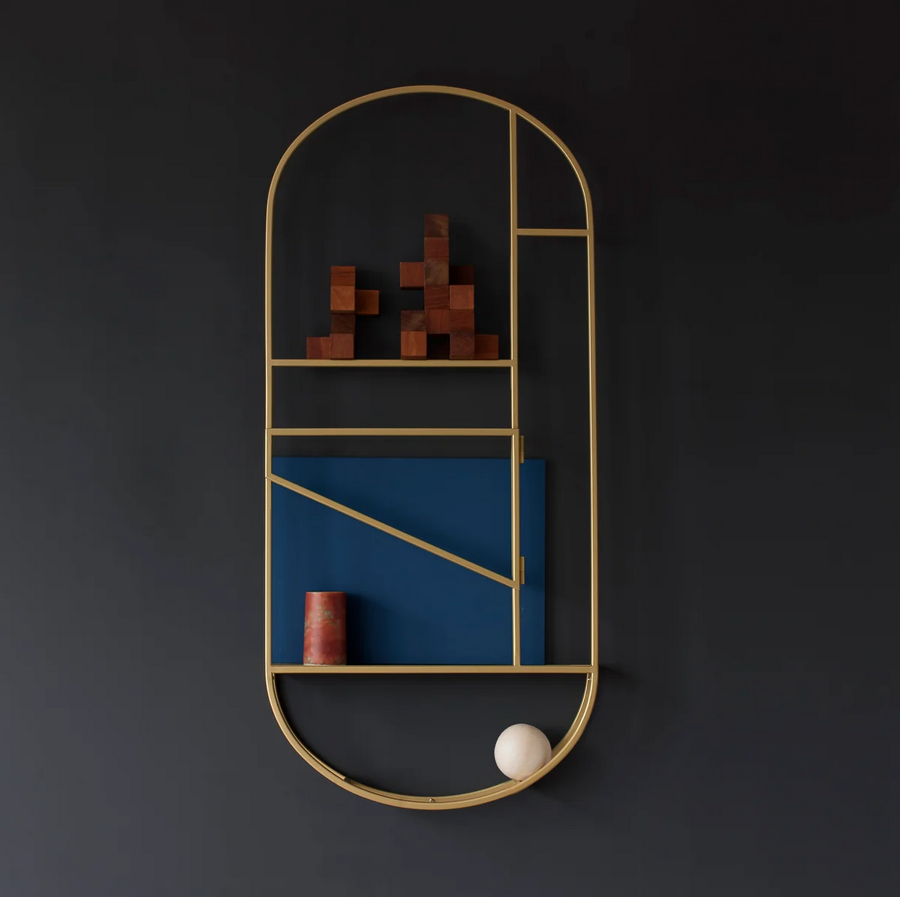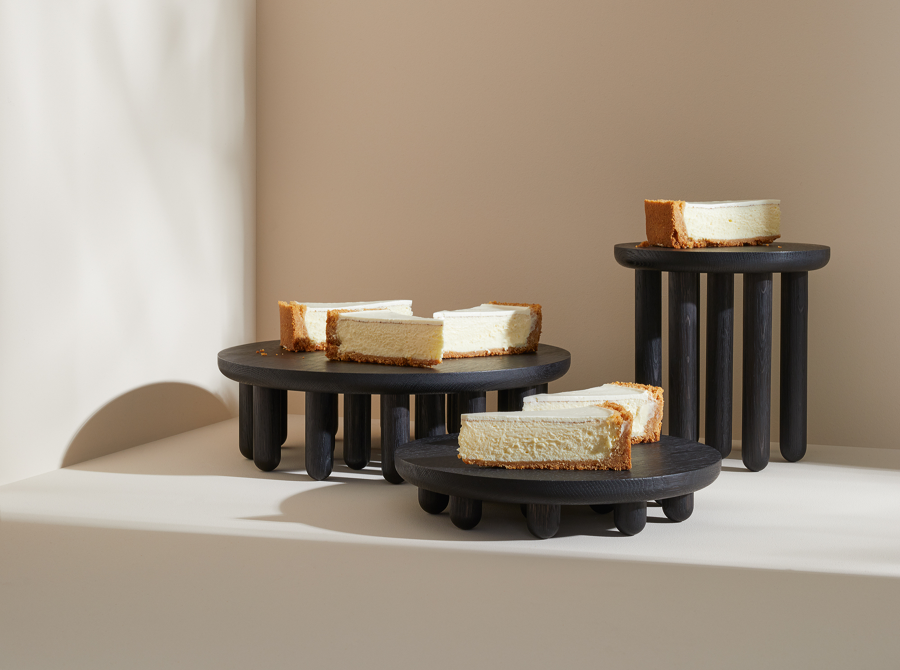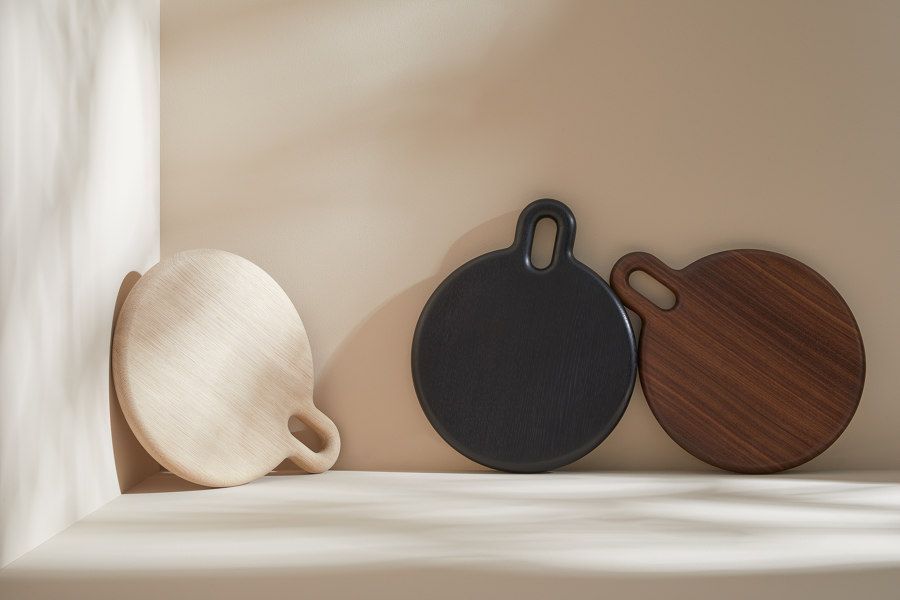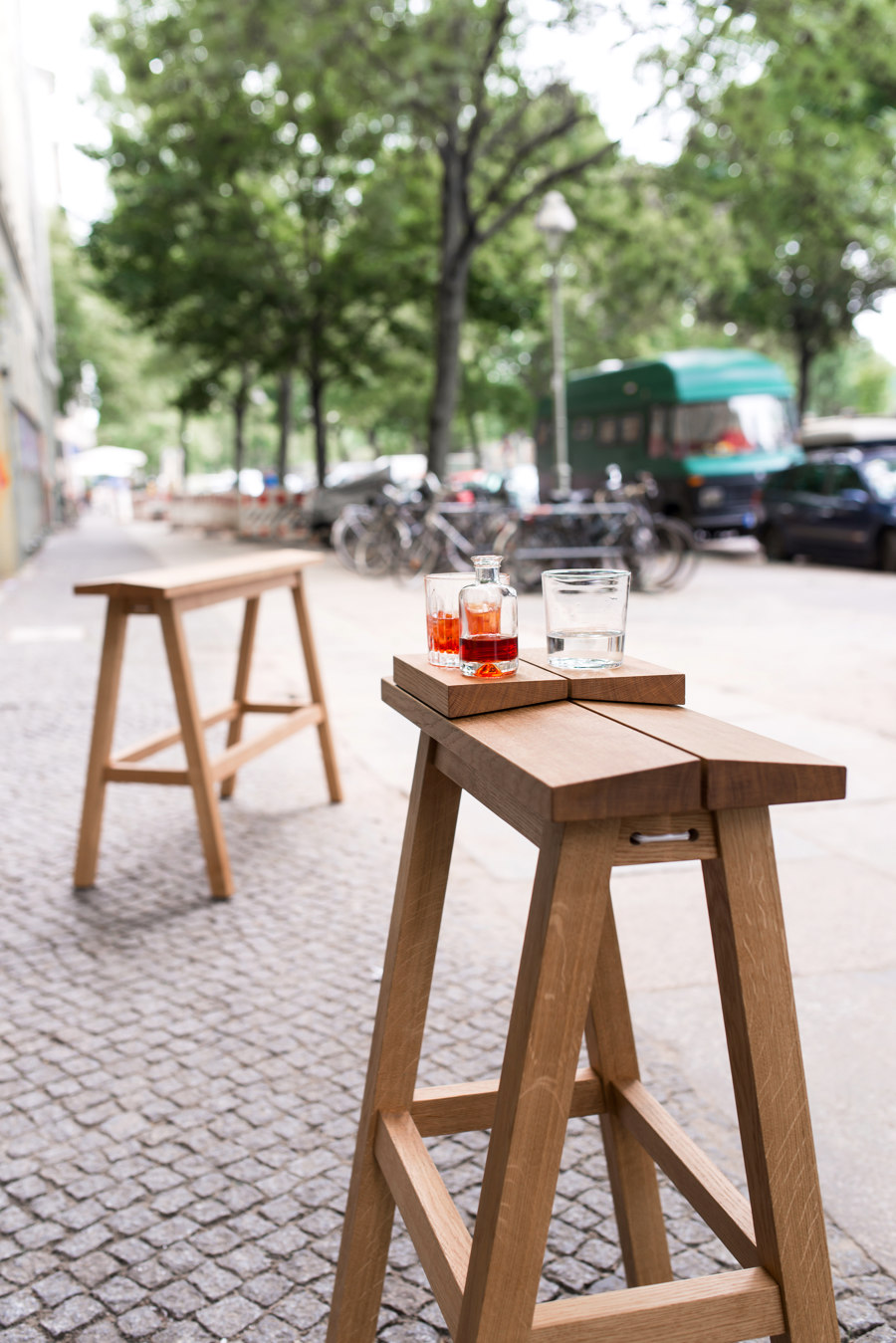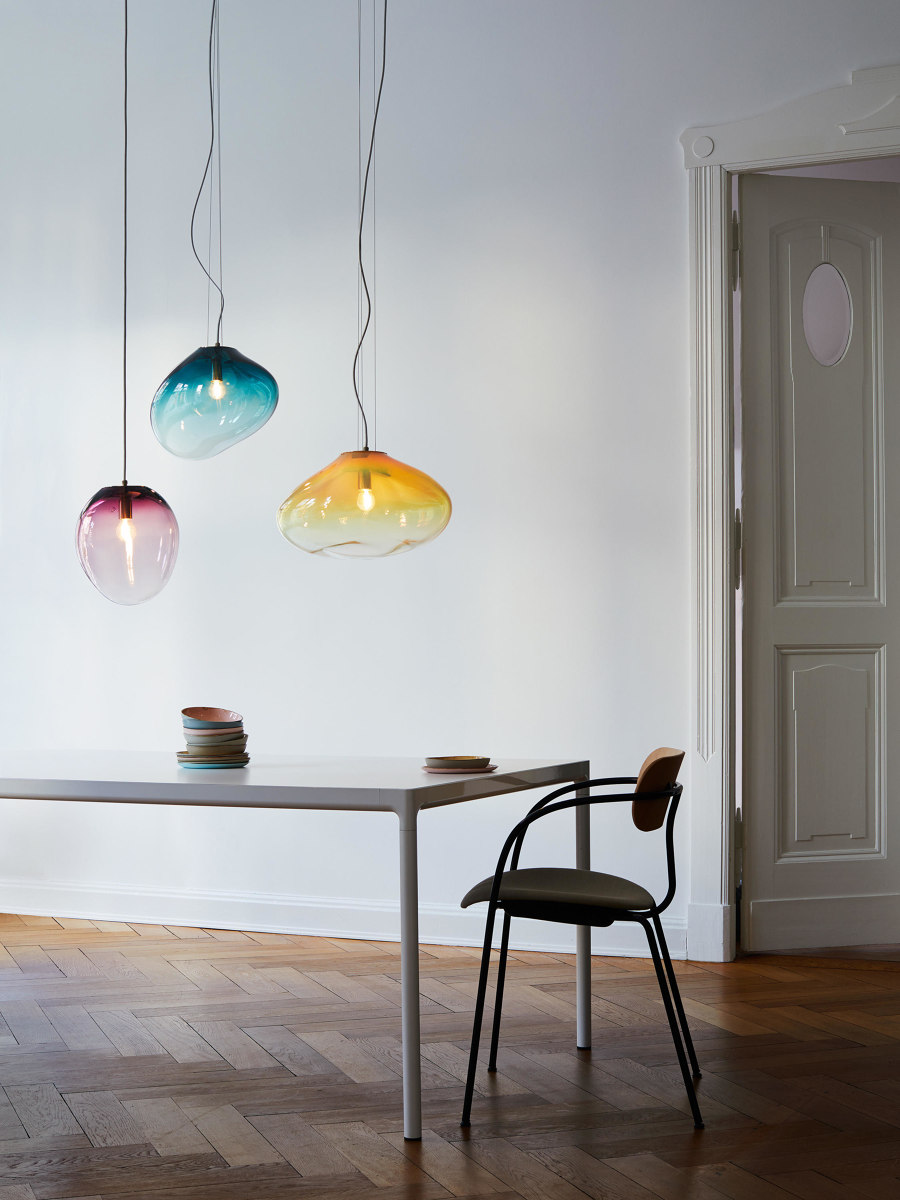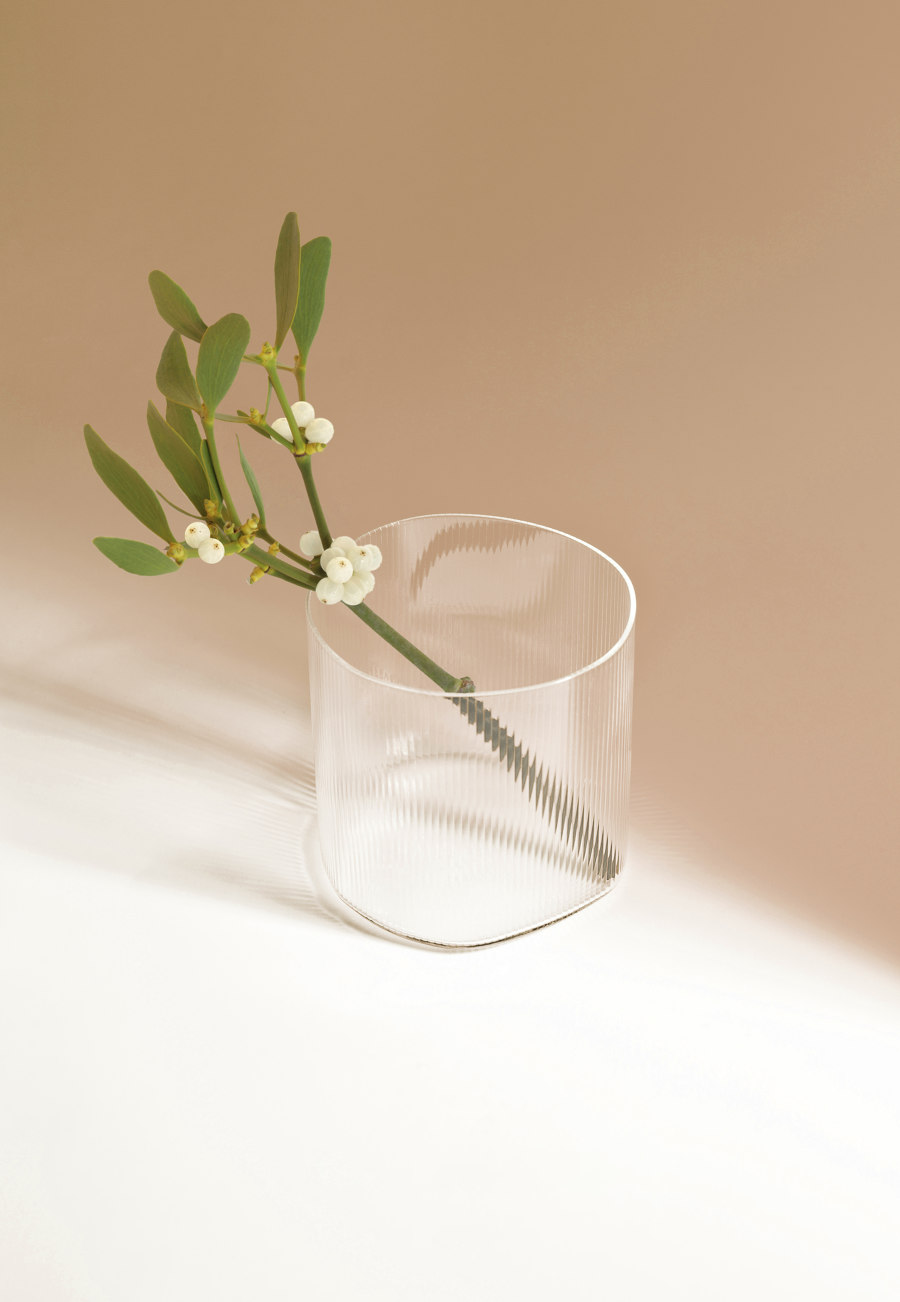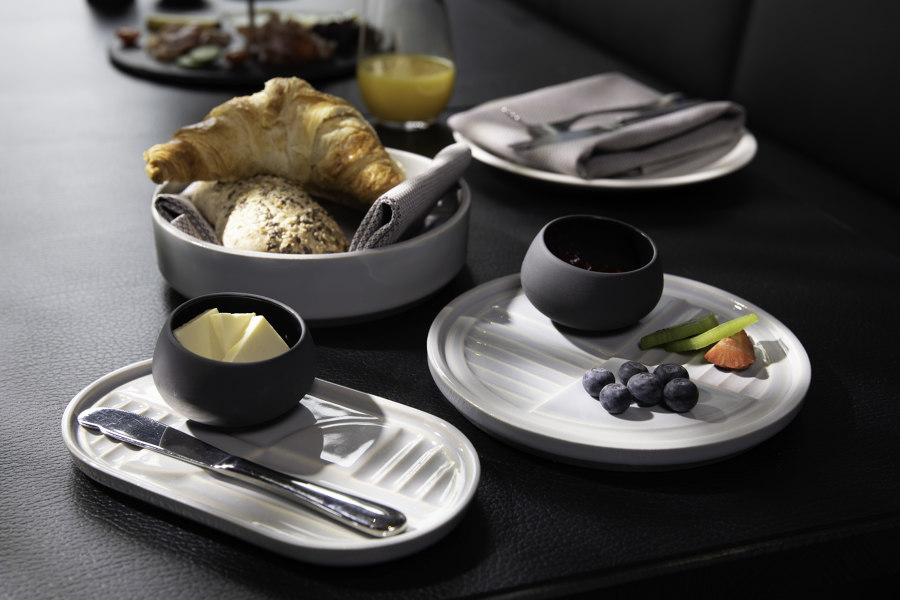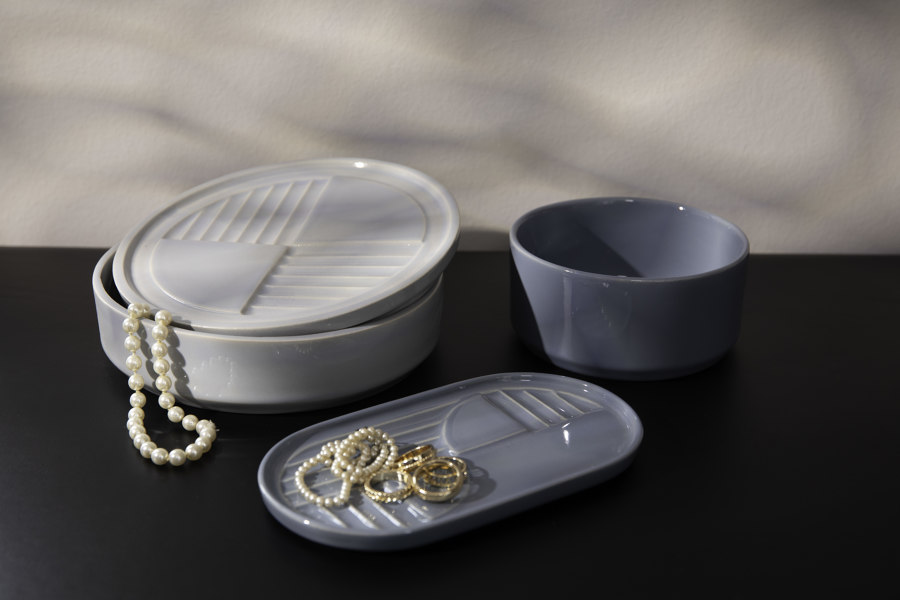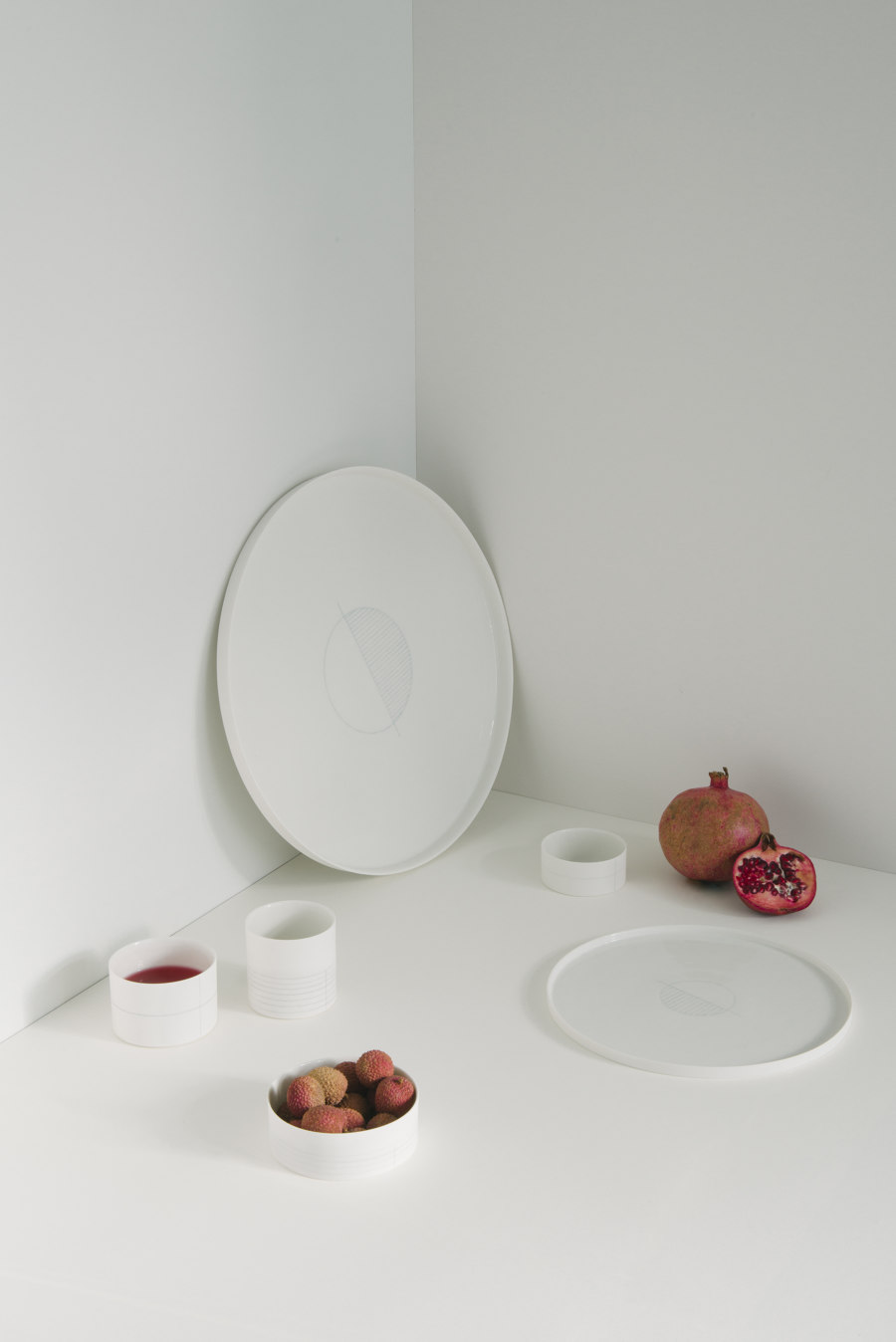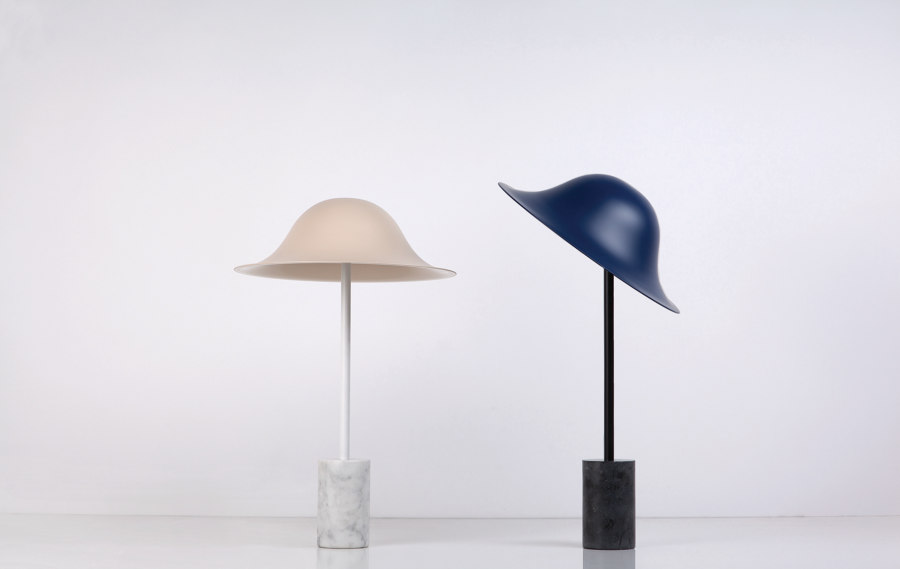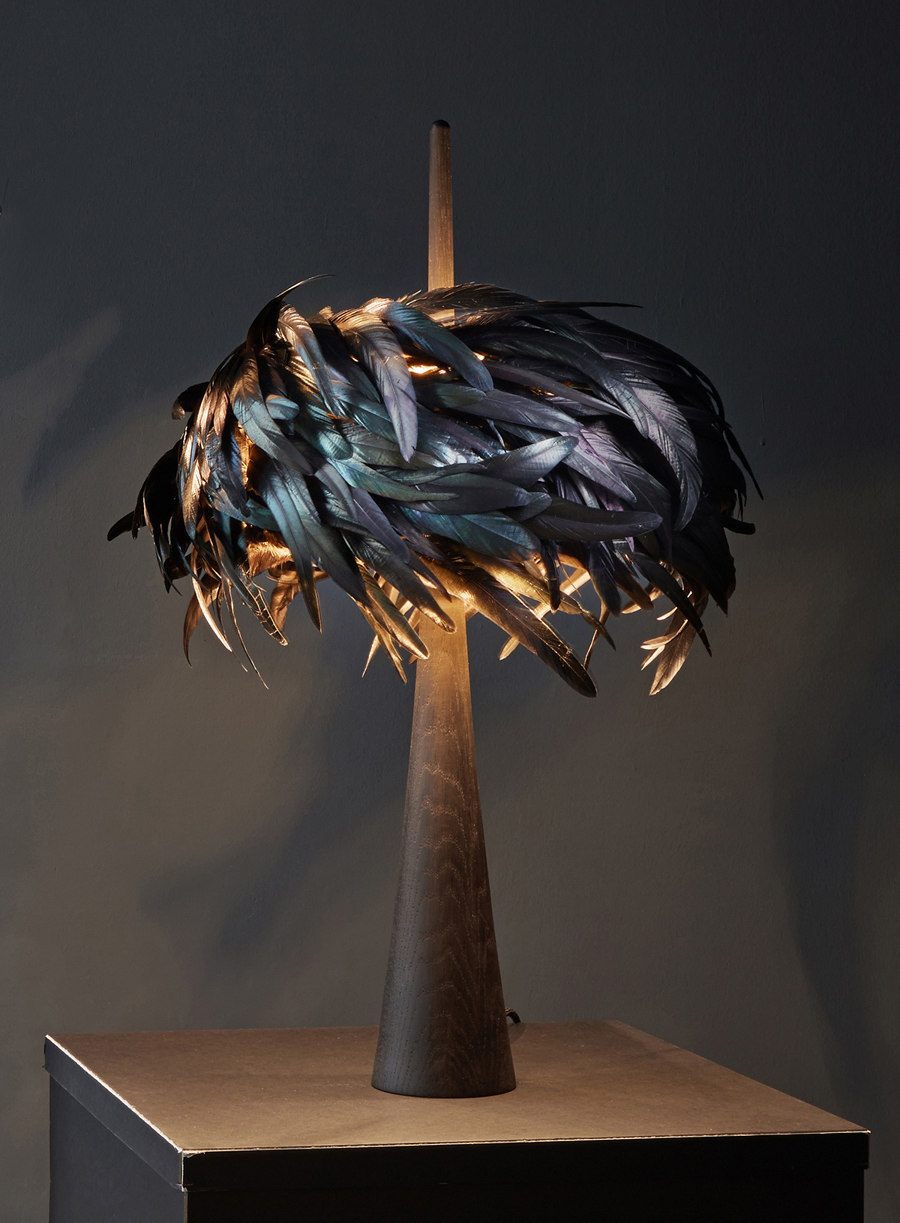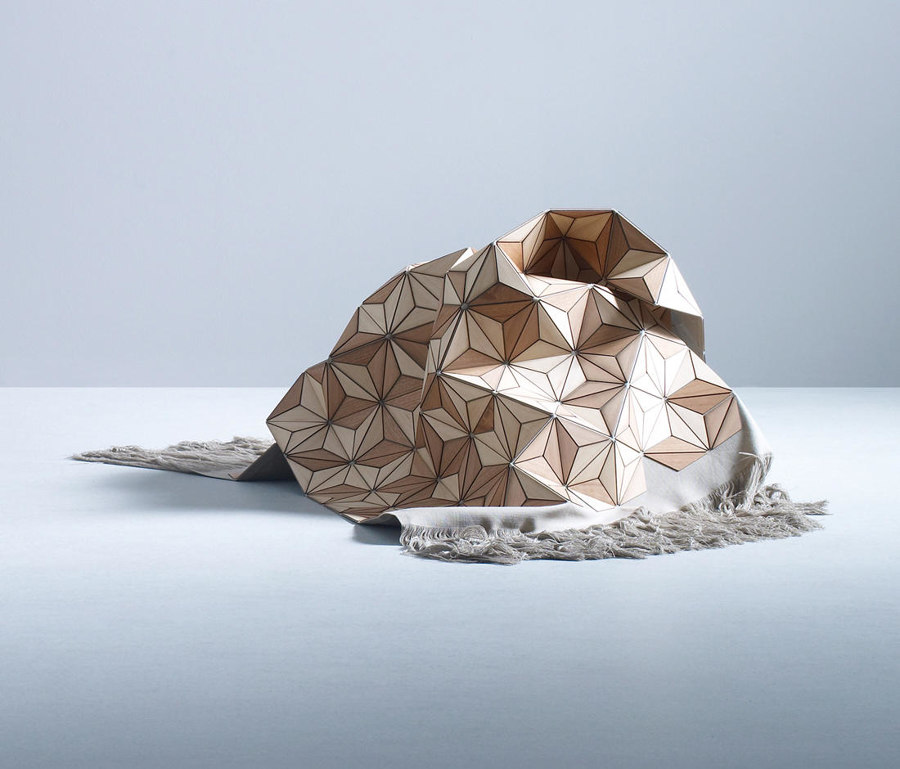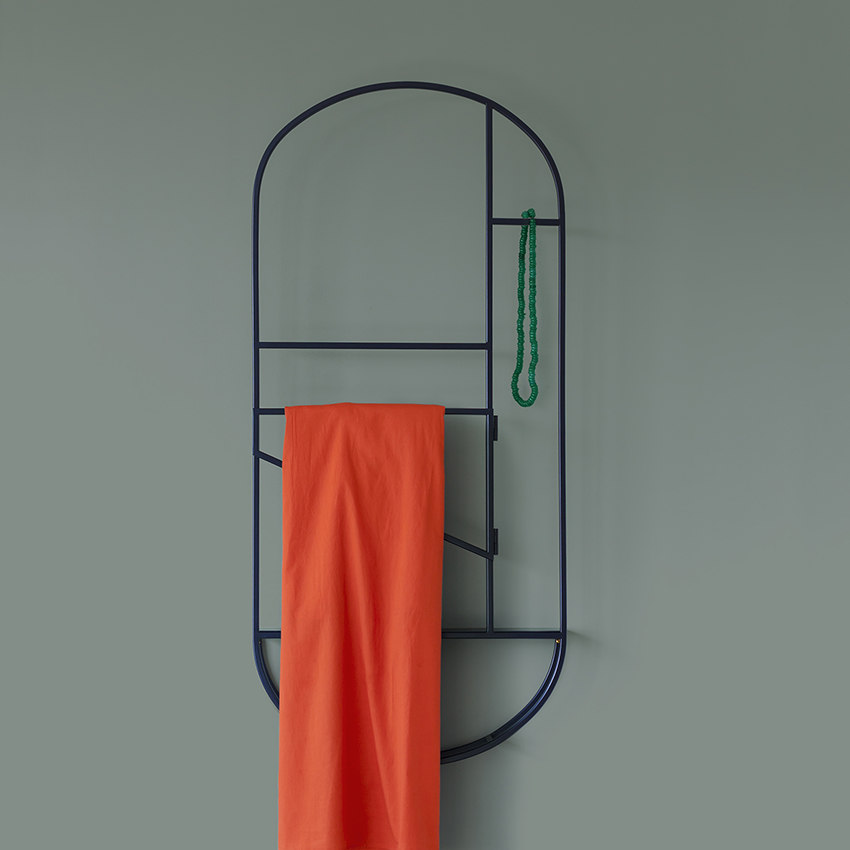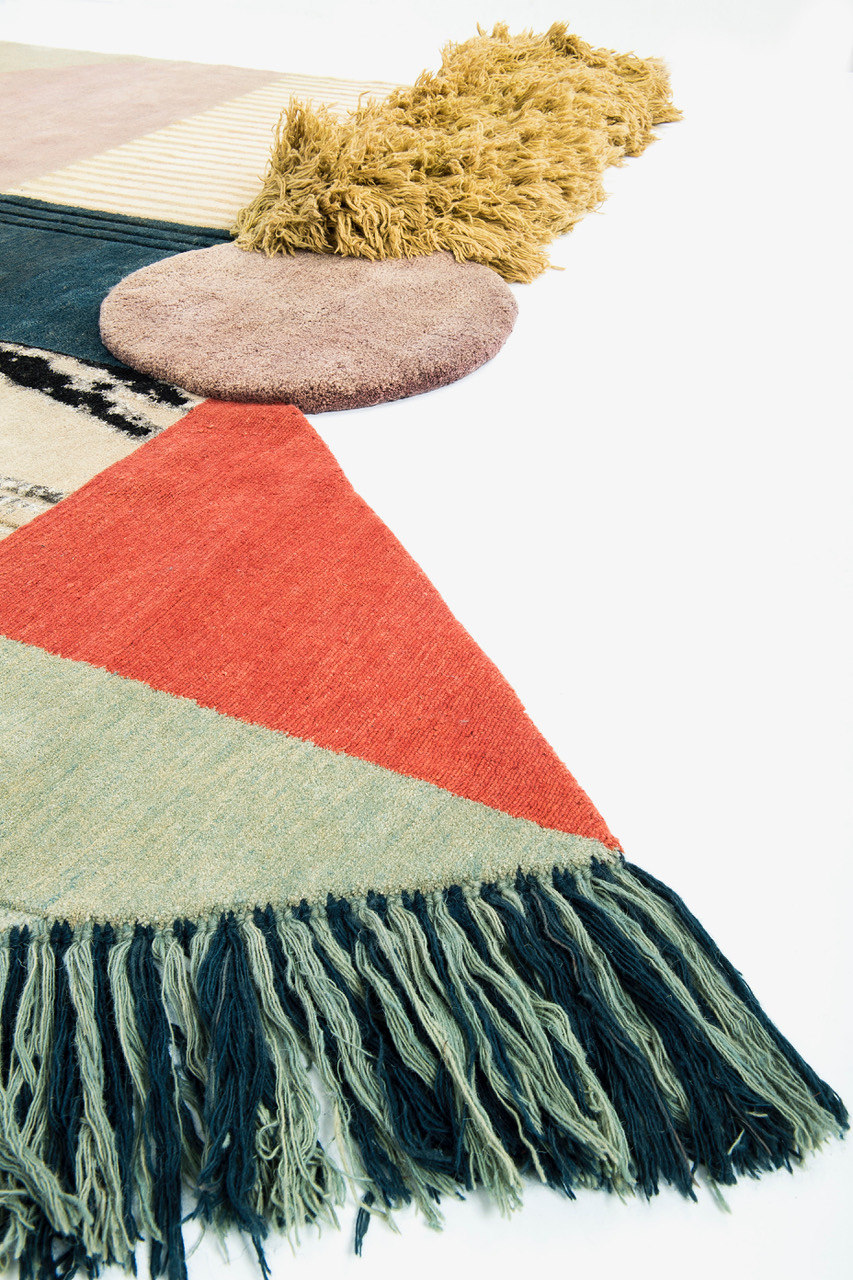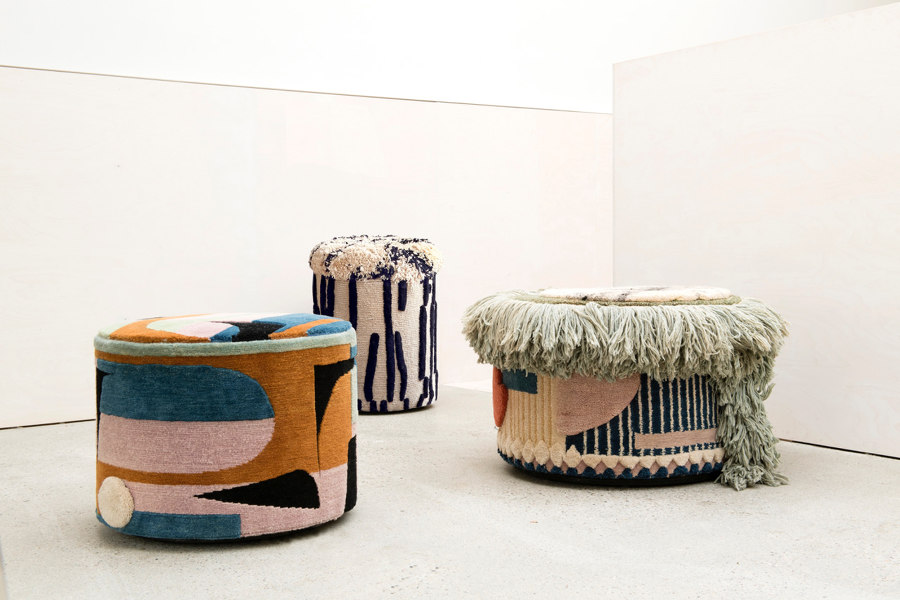Fixing the gender imbalance of design
Scritto da James Wormald
08.03.22
Design can improve quality of life for all. But when those with the biggest pencils are men, the needs of female users are often ignored. More independent female designers can rebalance the scales.
Studio Berg's Foldwork Valet in gold. Photo: Matter of Course
From product sizes (phones and smartwatches), architecture (public toilets) and A.I. (voice recognition), to ill-fitting PPE and stab vests and even crash test dummies based on the average male, it’s clear this is a world not just designed for men, but dangerous for women by design.
It’s clear this is a world not just designed for men, but dangerous for women by design
Matter of Course is a Berlin-based collective that champions the work of 11 independent female designers who create innovative, empathetic products. These holistic collections from original female voices take creative risks with bold adventures in materiality and sculptural form, while helping to create a more comfortable, functional world, suitable for all genders. Everyone is different, so why would we need the same things?
Nicolene van der Walt's No.4 Cake Stands (top), No.2 Serving boards (middle) and No.1 Sideboard (bottom). Photos: Anne Deppe
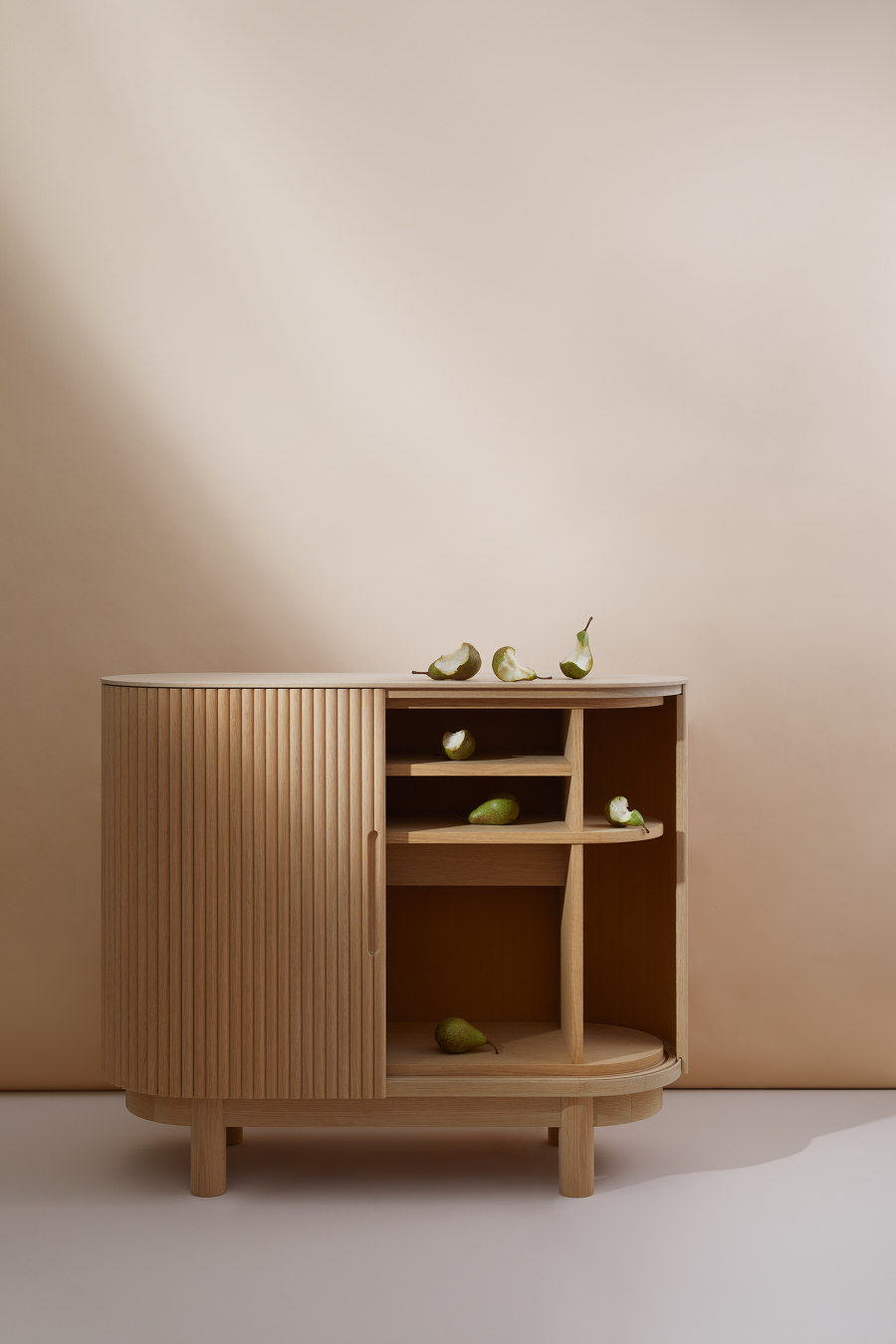
Nicolene van der Walt's No.4 Cake Stands (top), No.2 Serving boards (middle) and No.1 Sideboard (bottom). Photos: Anne Deppe
×Nicolene van der Walt
When press coverage highlights independent startup businesswomen, it often refers to ‘mumtrepreneur’ stereotypes: Etsy-selling crafts, gift baskets of homemade soap, or sickeningly sweet cupcake stories. Nicolene van der Walt, however, is not interested in cakes, preferring to redesign the structures they stand on. ‘Characterised by their round-shaped Shongololo legs and organic form echoed by the board’s edge,’ as van der Walt describes, the wonderfully imaginative anthropomorphic No.4 cake stands are just as sweet, as are her functional ergonomic serving trays and unique sideboards, accessible on all sides.
Frau Caze's Bock Bench and tablet, is an adaptable seat/stool for hospitality (top), office (bottom) or living spaces. Photos: Cristopher Santos
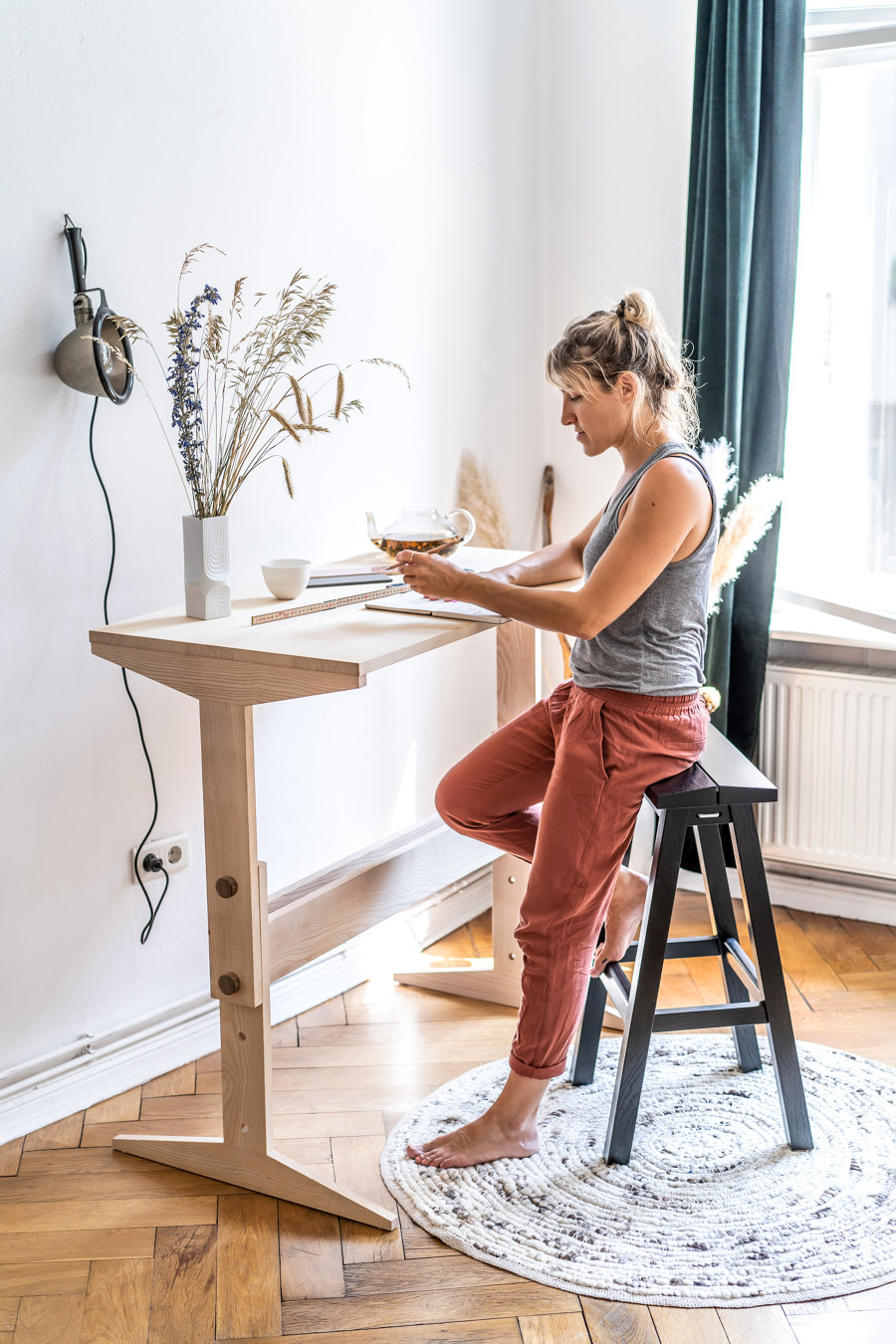
Frau Caze's Bock Bench and tablet, is an adaptable seat/stool for hospitality (top), office (bottom) or living spaces. Photos: Cristopher Santos
×Carolin Zeyher – Frau Caze
Frau Caze’s Bock bench and accompanying tablet provide a small seat, angled for comfort, yet wide enough to support bodies of any shape and size. ‘Bock serves as independent furniture to lean on and rest a jacket or apéritif, while remaining at conversational eye-level,’ states designer and Frau Caze founder Carolin Zeyher. The raised height of its longest strut provides a comfortable footrest as well as structural support, making it a suitable option for legs of all sizes too.
Simone Lüling – Eloa
Moving from the wood shop to the hot shop now, Simone Lüling is breaking the glass ceiling in the male-dominated glass blowing industry. Due to the required strength to carefully lift, position and twirl the blow pipe, it can be difficult for women to convince prejudiced men they’re suited to it. Creativity, however, is not gender specific. Lüling blows poetic glass forms under the name Eloa, including the uniquely sculptural Constellation pendants, which light up space even in daylight.
Copper-moulded Circle glass by Studio Milena Kling. Photo: Studio Milena Kling
Milena Kling – Studio Milena Kling
At odds with the majority of production glassware, which is strict in its uniformity, Milena Kling’s almost-round Circle table glasses seem like they’ve been squeezed slightly out of shape while still warm. Each unique piece is formed in a flexible copper sheet mould, pleated to create the glass's delicate linear pattern.
Studio Laura Strasser's Meridian ceramics can be used as dinnerware (top), on dressing tables (middle) and desktops (bottom). Photo: Studio Laura Strasser
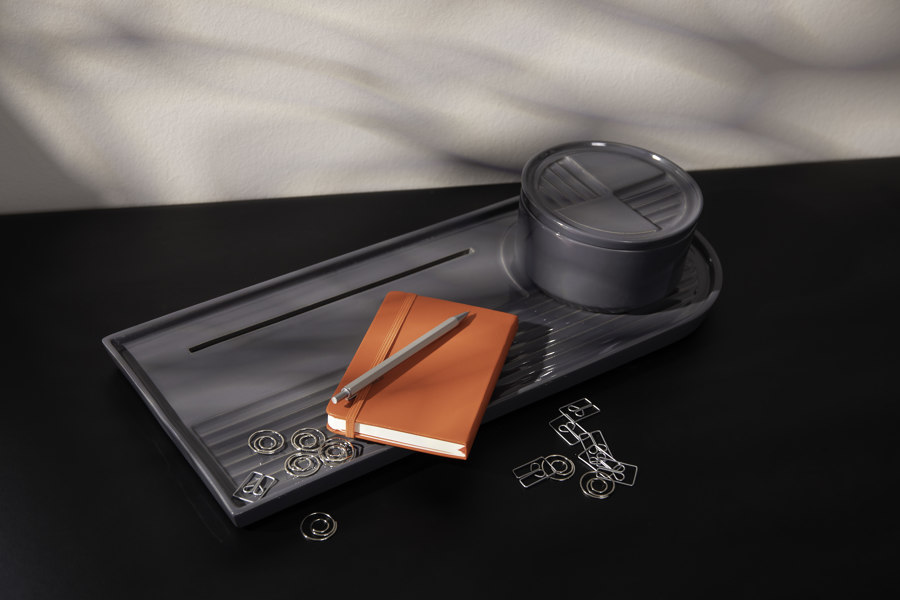
Studio Laura Strasser's Meridian ceramics can be used as dinnerware (top), on dressing tables (middle) and desktops (bottom). Photo: Studio Laura Strasser
×Laura Strasser – Studio Laura Strasser
In another highly skilled, hands-on industry, ceramic specialists Studio Laura Strasser’s sculpturally elegant Meridian collection is driven by functionality. The wide-ranging series of bowls and plates are ridged with simple geometric patterns akin to a Japanese peace garden, making them suitable for a variety of home applications from entranceway and dressing table trays to desktop stationery and serving platters.
Schoemig Porzellan's hand-thrown porcelain GRAPH tableware. Photos: Nikolai Marcinowski (top), Anna Arroyo (bottom)
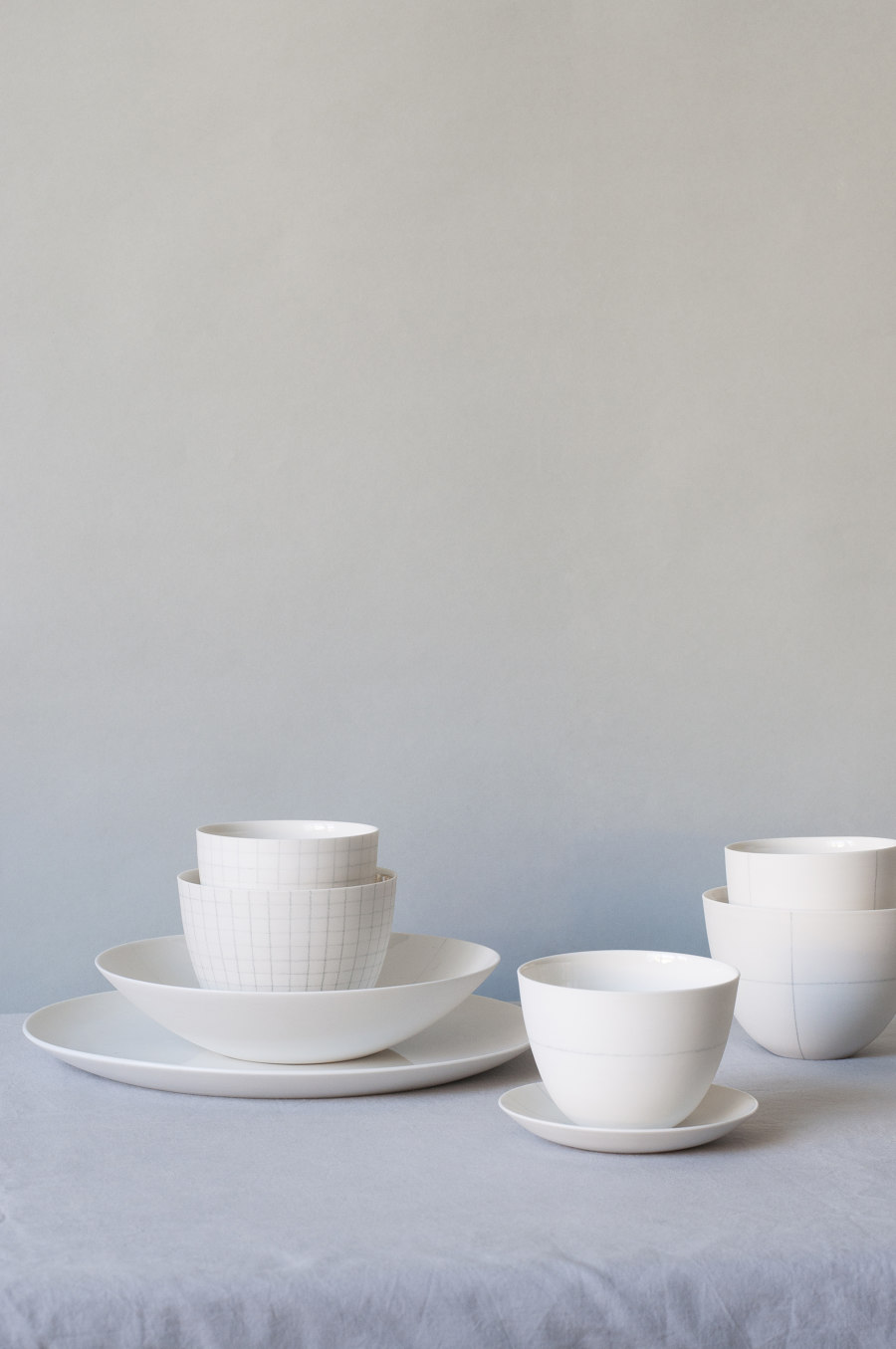
Schoemig Porzellan's hand-thrown porcelain GRAPH tableware. Photos: Nikolai Marcinowski (top), Anna Arroyo (bottom)
×Claudia Schoemig – Schoemig Porzellan
Schoemig Porzellan’s Graph series of hand-thrown, translucent porcelain tableware teaches a lesson in creative restraint. The uncomplicated forms are assured enough to take a back seat, allowing their colourful subjects to take centre stage. The hand-painted patterns, based on mathematical graph curves, connect the pieces together in a collection, without overcomplicating the aesthetic.
Studio Joa Herrenknecht's ONDA table lamp with its tilted 'hat'. Photo: Studio Joa Herrenknecht
Joa Herrenknecht – Studio Joa Herrenknecht
‘I want my work to surprise and evoke feelings,’ states Joa Herrenknecht, founder of Studio Joa Herrenknecht and designer for brands such as Warm Nordic and Design Within Reach. Herrenknecht’s highlights include the German Design Award winning ONDA table lamp, with a moveable angled ‘hat’ shade providing a simple way to adjust the lighting.
Pluma Cubic Luna Nova table lamp (top) and Tosa Albina (bottom), both by designer Heike Buchfelder. Photos: Christoph Sagel
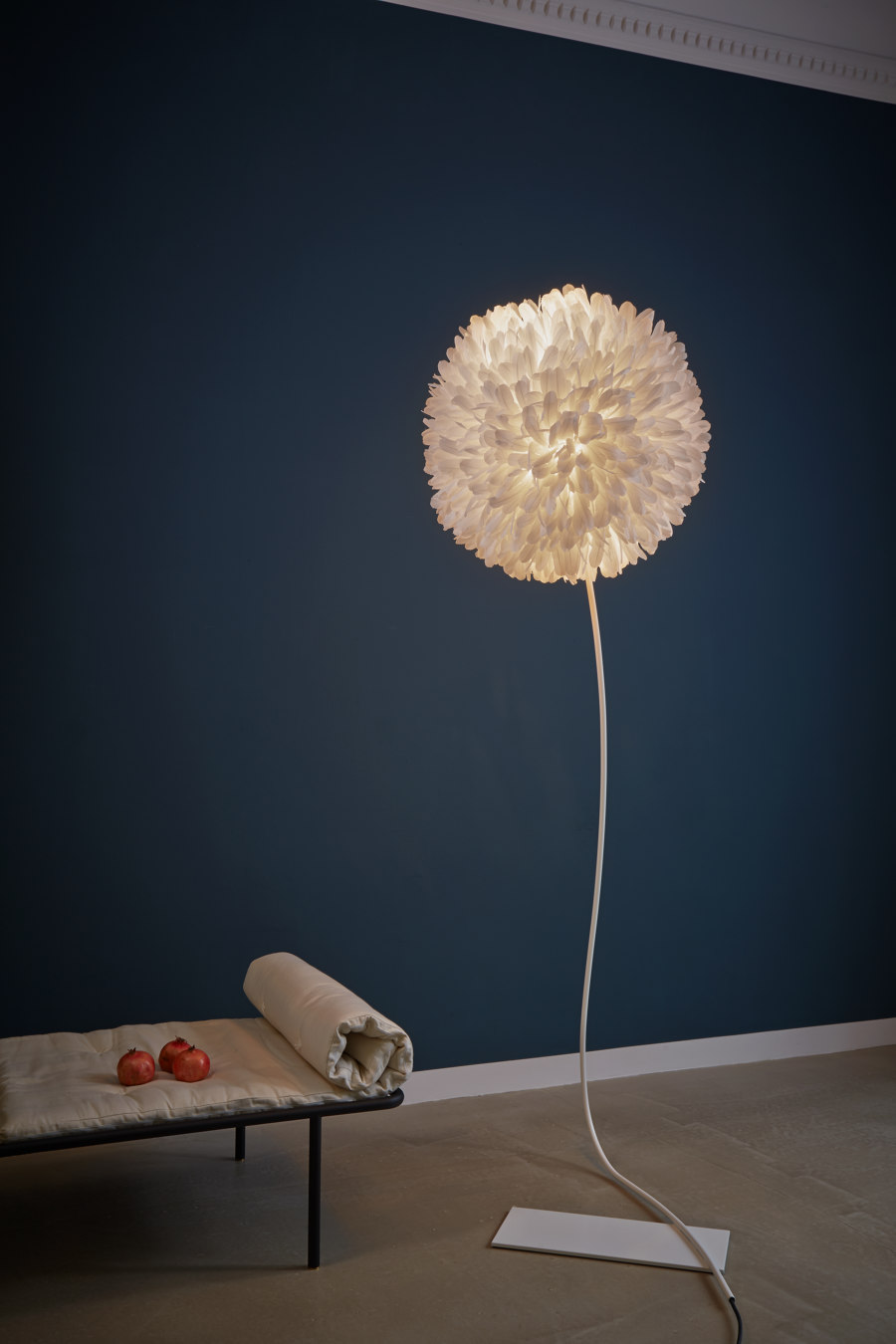
Pluma Cubic Luna Nova table lamp (top) and Tosa Albina (bottom), both by designer Heike Buchfelder. Photos: Christoph Sagel
×Heike Buchfelder – Pluma Cubic
Heike Buchfelder is a designer constantly pushing material boundaries in unexpected ways. The Pluma Cubic series uses translucent rooster and goose feathers to form a textured surface of light and shadow. Don’t let the feather lamps’ soft, delicate appearance fool you, however. The avian source material is evolutionarily durable and simple to clean. Along with feathers, Buchfelder also experiments with paper, metal and glass surface treatments, looking for adventures in materiality.
böwer's Ashdown wooden carpet, designed by Studio Elisa Strozyk
Elisa Strozyk – Studio Elisa Strozyk
Also blending traditional materials with innovation to form highly functional products, Elisa Strozyk’s wooden textures series takes the natural feel of wood and orders it into a fluid form. Rugs, throws and lampshades with varying flexibility emerge from a mosaic of differently sized and shaped wood pieces. The ceramic mirror collection, meanwhile, pairs mesmerising planet-like artworks to recreate the cosmic beauty of an eclipse.
Studio Berg's Foldwork Valet in dark blue coated steel. Photo: Matter of Course
Friederike Delius – Studio Berg
Studio Berg’s Foldwork series is part wall art, part shelf storage. But its most intriguing application is its use as a sculptural clothes horse. The ability to keep a design-conscious interior without playing dryer roulette with your delicates can be a game-changer for all genders wishing both themselves and their living space to look their best.
Lyk Carpet makes unique rugs, hangings and upholstered furniture. Photos: Lyk Carpet
Mareike Lienau – Lyk Carpet
These Bauhaus-inspired bespoke rugs and ‘textile posters’ are made strictly with the longer, more robust wool fibres from Tibetan highland sheep. The longer fibres take natural dye far better and so the carpets radiate their naturally intense colours further into their lives. ‘The first abstract tapestries were created at the Bauhaus,’ states Lyk Carpet founder and designer, Mareike Lienau. ‘Bauhaus owed many of its innovations to women’ as ‘work in the weaving workshop, performed mainly by women, resulted in works of abstract art with sophisticated, powerful effects.’
© Architonic
